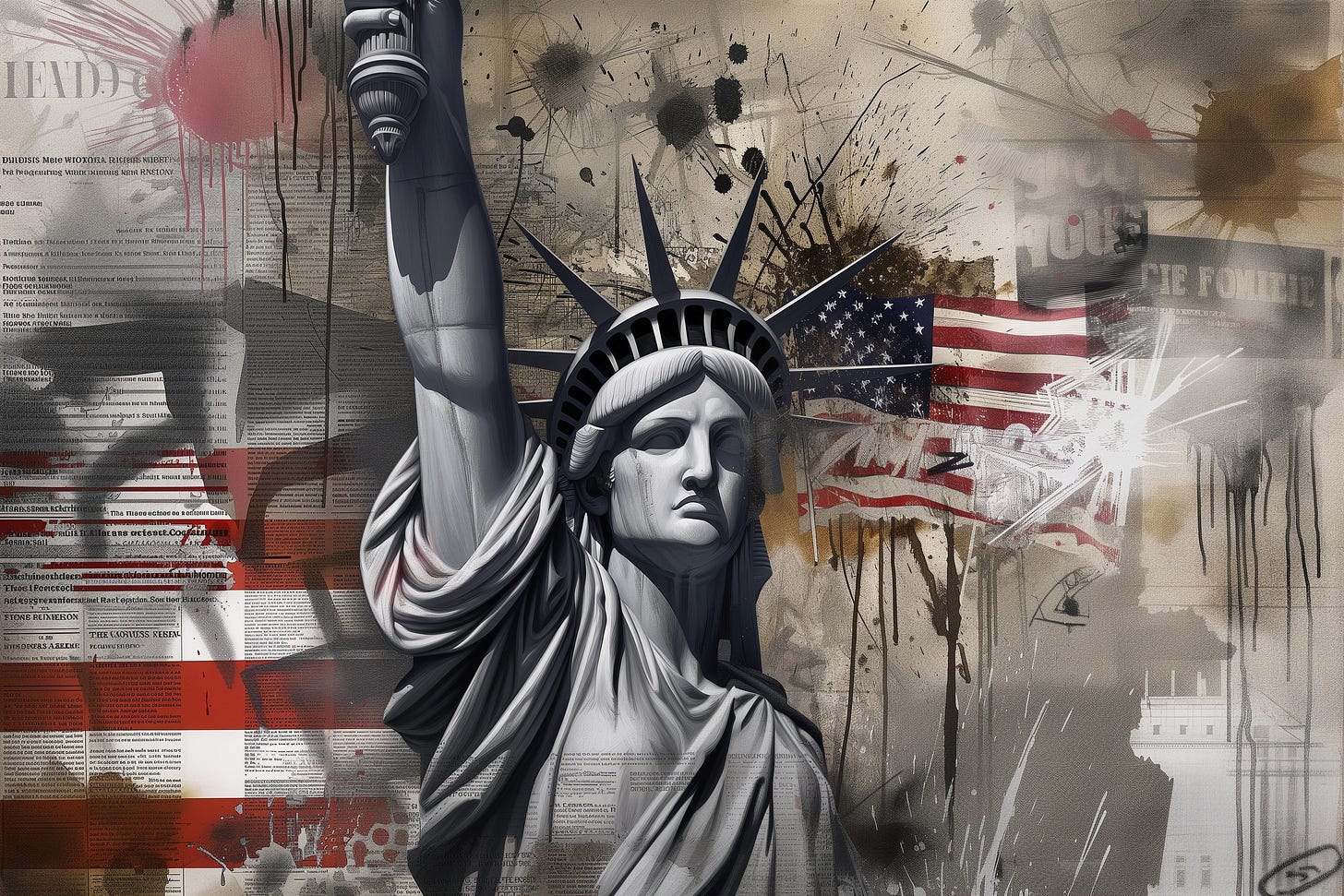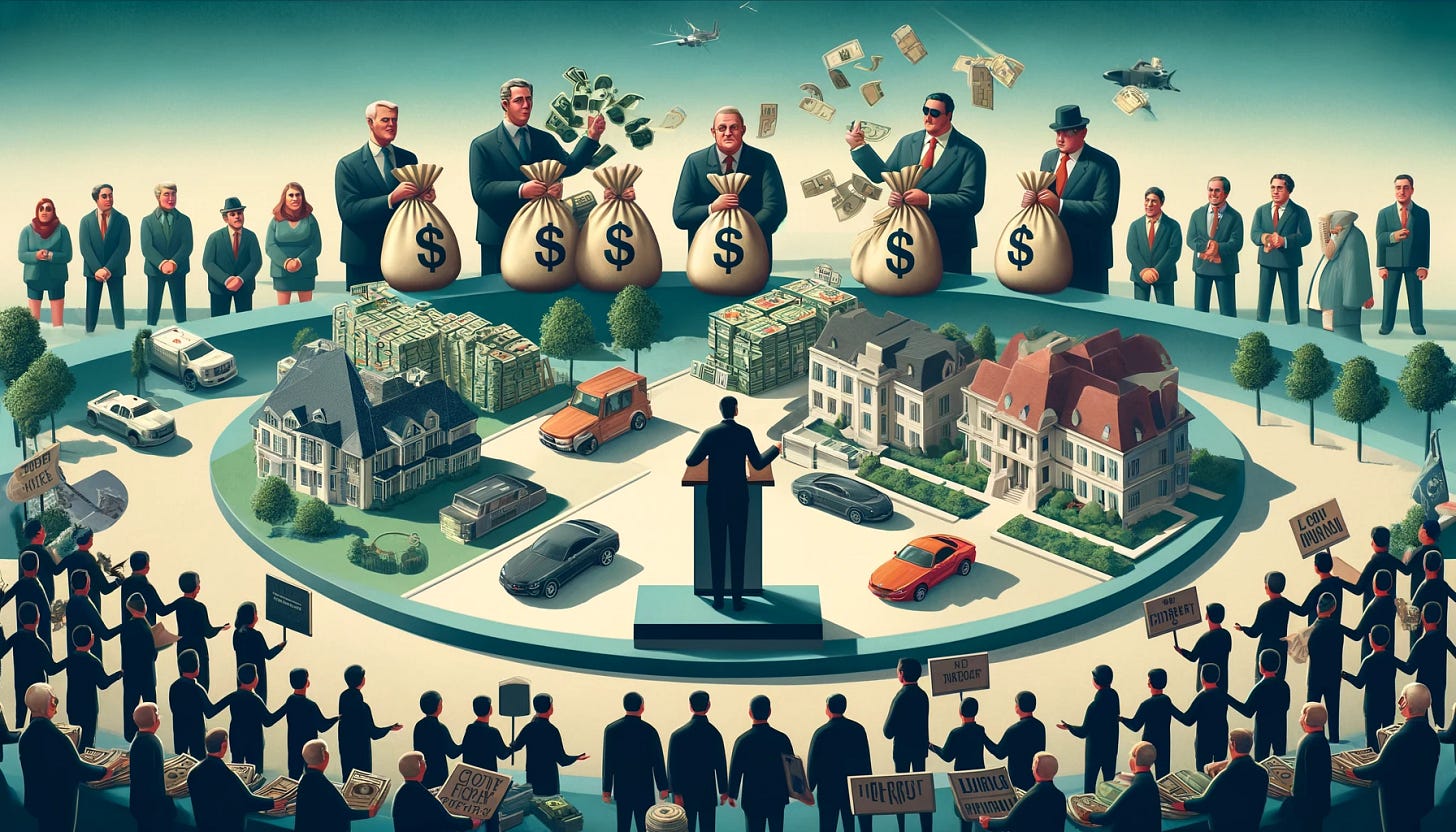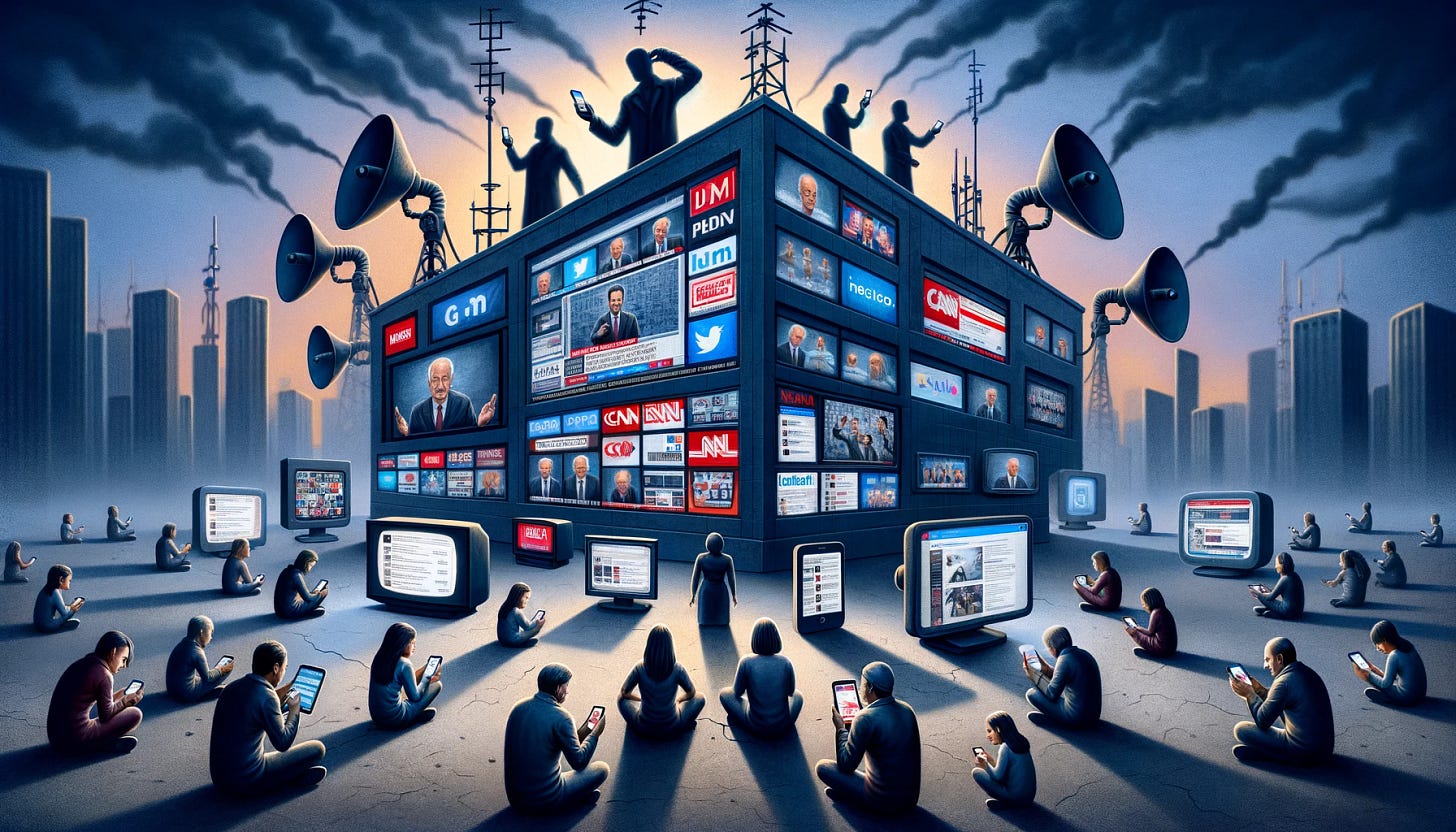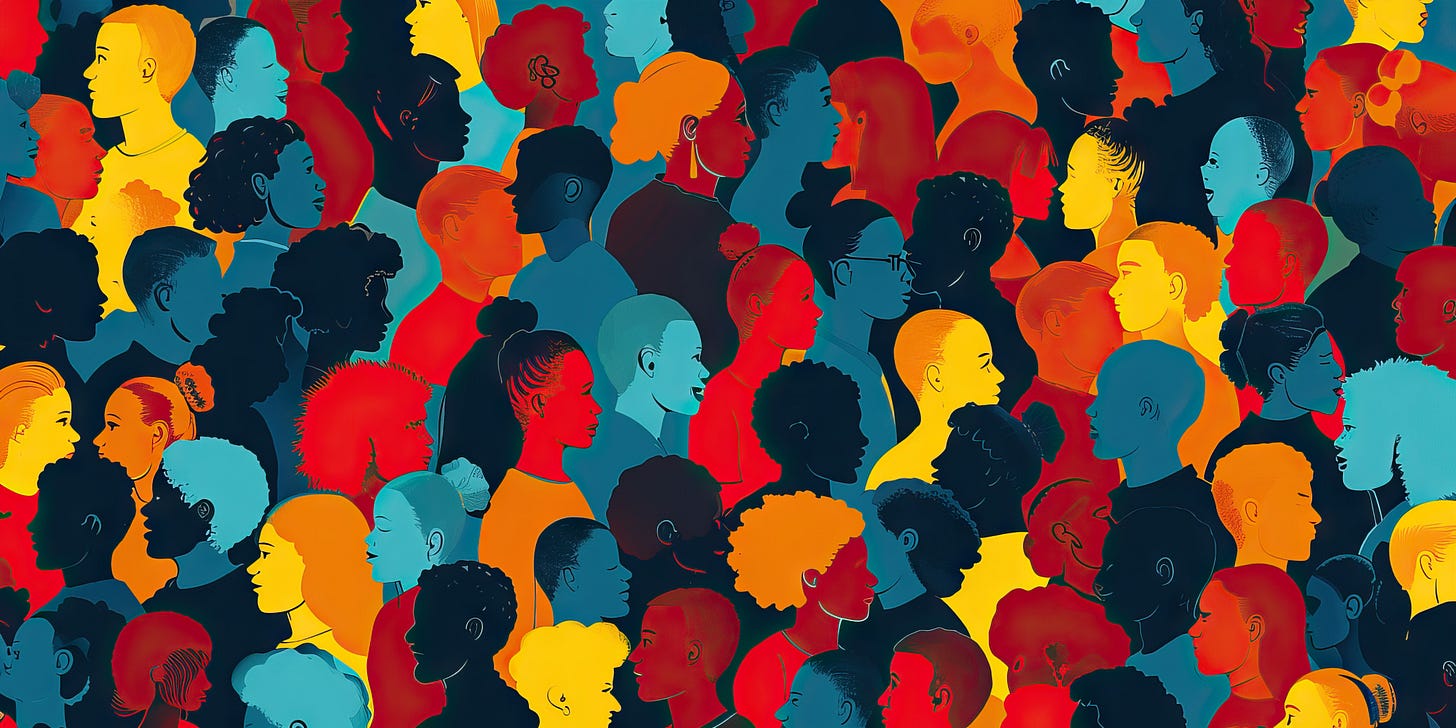Let's start with the definition. As a Greek, yes, democracy was first defined in Greece. This article is somewhat lengthy, so please be patient. However, feel free to skip to the section that interests you!
Democracy Today: In Theory and Practice
Reflecting on Modern Democracies: Are They Truly Democratic?
The History of Democracy
It was almost 2,500 years ago when the Athenian leader Cleisthenes introduced a series of political reforms that he called democracy, or ‘rule by the people.’ This is broadly considered the first known democracy in the world.
His system had three main institutions: the Ekklesia, the Boule, and the Dikasteria.
The Ekklesia was the principal assembly responsible for writing and passing laws. All Athenian citizens were welcome to attend its meetings, which were held about 40 times a year. In these gatherings, decisions were made about war, foreign policy, and various legislative matters.
The assembly also held the power to condemn the conduct of public officials.
The second institution, the Boule, was a council of 500 representatives chosen randomly from the ten Athenian tribes. The Boule met every day and set the agenda for the Ekklesia. Because its members were selected by lot rather than election, the influence of wealthy and powerful individuals was in theory minimized.
The final institution was the Dikasteria, or popular courts, which consisted of 500 jurors also chosen randomly from the citizenry. Jurors had to be male citizens over the age of 30. The Dikasteria held significant power, with juries delivering sentences based on majority rule. These courts were central to the administration of justice in Athens and played a critical role in maintaining democratic governance.
Unfortunately, only male citizens whose parents were also citizens could vote, excluding women, slaves, and foreigners from participating in the democratic process. Of course, it made sense at the time for foreigners and slaves not to participate in the democratic process.
Today, while slavery has been abolished, it still generally doesn't make sense for foreigners to participate in a nation's democracy unless they are citizens.
Athenian democracy lasted for approximately 200 years. Not too long, isn’t it? Around 322 BC, the system “evolved” into an aristocracy, where power was concentrated in the hands of a few elite individuals – no wonder. This shift marked the end of the first known democracy, but the principles and practices developed during this period have had a lasting impact on the concept of democratic governance throughout history.
Athenian democracy was unique for its time due to its emphasis on direct participation, random selection of officials, and the extensive power vested in its judicial system. Despite its limitations and eventual decline, it set a foundational precedent for future democratic systems worldwide.
Democracy Today: In Theory and Practice
Back to the modern world! Today, the majority of countries claim to be representative democracies. However, there is one notable exception: Switzerland. Switzerland operates a unique system of direct democracy, much closer to the concept of Cleisthenes, and of course by definition more fair.
Then you wonder, why is this fact relatively lesser-known? Of course, because it offers a fascinating contrast to the more prevalent representative models.
Representative Democracies
Let’s start with the majority of ‘democracies’. In a representative democracy, citizens elect officials to make decisions on their behalf. These elected representatives are supposed to reflect the will of the people and are accountable to them through regular elections.
They should truly be public servants, not public masters, embodying the term ‘public servant’ in its most literal sense.
The underlying principle is that it is impractical for large populations to make all legislative decisions directly, so representatives serve as proxies for the populace.
This, of course, is not entirely accurate today, as the advent of the internet and digital technology has made direct democracy feasible on a much larger scale.
Despite the ideal of representative democracy, there are ongoing debates about how democratic these systems truly are in practice. Most of us have experienced, in one way or another, several factors that can influence the effectiveness and fairness of representative democracies:
Electoral Systems: The method by which representatives are elected can significantly impact the democratic nature of a system. For instance, first-past-the-post systems can result in a significant disparity between the percentage of votes received and the percentage of seats won. Proportional representation aims to mitigate this by allocating seats based on the proportion of votes each party receives.
Voter Participation: Low voter turnout can undermine the legitimacy of a democratic system. When a significant portion of the population does not vote, elected representatives will not truly reflect the will of the people.
Influence of Money and Lobbying: The role of money in politics is a contentious issue.
Campaign financing, lobbying, and the influence of wealthy donors can skew policies in favour of special interests rather than the broader public.
Media and Information: The media plays a crucial role in informing the electorate. However, media bias, misinformation, and the concentration of media ownership can affect the quality of information that voters receive, thus impacting their decisions.
Accountability and Transparency: For representative democracy to function effectively, elected officials must be accountable and transparent in their actions. Corruption, lack of transparency, and weak checks and balances can erode public trust and hinder democratic processes.
Switzerland’s Direct Democracy
Switzerland stands out with its direct democracy system, where citizens have a more hands-on role in governance. And this happens through the following key features:
Referendums: Citizens can challenge laws passed by the federal parliament by calling for a referendum. If enough signatures are collected, a national vote is held to accept or reject the law.
Initiatives: Citizens can propose new laws or constitutional amendments. If a proposal gains sufficient support, it is put to a national vote.
Frequent Voting: The Swiss participate in multiple referendums and initiatives each year, ensuring regular public input on a wide range of issues.
While Switzerland's system allows for greater direct participation and is by far more democratic than representative democracies, it still has its challenges.
One common challenge for both systems is ensuring informed decision-making among the populace.
Additionally, balancing the frequency and complexity of issues presented to voters is another challenge.
However, as long as education from a young age emphasizes the importance of democracy and being well-informed, Switzerland stands as an example the rest of us should follow.
Reflecting on Modern Democracies: Are They Truly Democratic?
Representation
Modern representative democracies often fall short in truly and proportionally reflecting the diverse interests and will of the people. For example:
Gerrymandering: The manipulation of electoral boundaries to favour one party, clearly undermines fair representation. This practice can skew election results and weaken the link between voters’ preferences and the composition of the legislative body.
First-Past-The-Post Systems: In many countries, the electoral system does not proportionally reflect the popular vote. For instance, a party can win the majority of seats without a majority of votes, leading to a government that does not represent the true will of the electorate.
Underrepresentation of Minorities: Marginalized groups, including ethnic minorities, women, and lower socioeconomic classes, are often underrepresented in political institutions. This lack of diversity means that their unique perspectives and needs are not adequately addressed in policymaking.
To address these issues, reforms such as adopting proportional representation—emphasizing the importance of proportionality—implementing independent redistricting commissions, and ensuring quotas or other mechanisms to enhance diversity in political representation are necessary.
Participation
Low voter turnout and unequal participation rates are significant challenges in many democracies:
Voter Apathy and Disenfranchisement: Many citizens do not participate in elections due to disillusionment, feeling that their vote does not matter.
Youth and Marginalized Groups: Young people and marginalized communities often have lower participation rates due to a lack of engagement, education on civic duties, or trust in the political system.
We can enhance participation by taking measures such as making Election Day a national holiday and increasing civic education. While some advocate for offering more accessible voting options such as mail-in ballots and early voting, the answer is probably NO. It is crucial to ensure that voting methods are secure and transparent.
Encouraging responsible citizens to put in the effort to vote in a manner that minimizes the risk of manipulation is essential for maintaining the integrity of the democratic process.
Influence of Money and Lobbying
This is a big one and one of the main drawbacks of representative democracy. We all know that the significant role of money in politics often skews policies in favour of special interests:
Campaign Financing: Large donations from wealthy individuals, corporations, and special interest groups can heavily influence election outcomes and policy decisions. Many politicians will prioritize the interests of their donors over those of their constituents.
Lobbying: Extensive lobbying by powerful groups can result in legislation that benefits a few at the expense of the many. The revolving door between political office and lobbying firms further entrenches this influence.
To mitigate these issues, strict campaign finance laws, public financing of campaigns, transparency in political donations, and limits on lobbying activities need to be enforced.
After all, we know that power can corrupt even the most innocent souls.
Media and Information
The media's role in informing the electorate is crucial, but its effectiveness today is greatly diminished, which is a shame. There are many reasons for this. To start, the concentration of media ownership and the prevalence of partisan media lead to biased information, depriving citizens of a balanced view of issues. This can polarize public opinion and hinder informed decision-making. Many agendas are now promoted through both mainstream and non-mainstream media, resulting in the loss of impartiality and, consequently, trust. This decline is compounded by a collapse of values, morality, and accountability, along with extreme levels of narcissism.
To ensure a well-informed electorate, promoting media literacy, supporting independent journalism, regulating media ownership to prevent monopolies, and enhancing the transparency and accountability are essential steps.
Accountability and Transparency
Effective democracy requires that elected officials are accountable and that political processes are transparent:
Corruption: Corruption erodes public trust and weakens democratic institutions. When officials are not held accountable for corrupt practices, it undermines the legitimacy of the government. Unfortunately, this has become very common nowadays.
Opaque Decision-Making: Lack of transparency in how decisions are made can lead to suspicion and distrust among citizens. People need to see how policies are developed and implemented to believe in the system.
Enhancing accountability and transparency requires robust anti-corruption laws, independent oversight bodies, whistle-blower protection, and ensuring that government proceedings and data are accessible to the public. After all, government officials are public servants.
Towards a More Democratic Future
Since most of us leave in representative democratic systems, the question is, how do we ensure that modern democracies live up to their ideals?
Electoral Reforms: Adopting proportional representation and ensuring fair electoral processes to align with the will of the people.
Enhanced Participation: Educating and increasing civic engagement can improve voter turnout and ensure that all voices are heard. Lowering the barriers to voting should NOT be an option.
Campaign Finance and Lobbying Regulation: Implementing stricter campaign finance laws and regulating lobbying to reduce the undue influence of money in politics. It will never go away, but at least minimize it!
Media and Information Integrity: Promoting media literacy and supporting independent journalism, to ensure a well-informed electorate.
Transparency and Accountability: Strengthening anti-corruption measures, ensuring transparency in decision-making, and holding officials accountable to restore trust in democratic institutions.
By addressing these critical areas, modern democracies can move closer to the ideal of true governance by the people, for the people.
Ah, I know what you will say: things are getting worse, and more and more we live in an illusion of democracy. Those with differing opinions are often silenced or persecuted, attacked for going against mainstream views, and even 'cancelled' when their opinions diverge from the majority. We live in times where information is highly manipulated, making it difficult to know who to trust. Morality and ethics are eroded, the pursuit of pleasure has become a primary goal, and the definitions of good and bad have become blurred.
I know, these are difficult times. We are experiencing extreme polarization, as has happened many times in history. The pendulum will swing the other way, and let's hope that we can find balance without annihilating each other!
The pendulum will swing the other way, and let's hope that we can find balance without annihilating each other!










Continuation….there is the vote federally, by canton, by municipal plus the referendums never ending on soap for example ….the voter turnout is approximately 22% which is nothing and the on one occasion, municipal..we ended up with a communist mayor, voter turnout was zilch .
So as you can see there is no golden guideline. Interesting to live in another country’s direct democracy versus a variation on the theme.
Lived in Switzerland